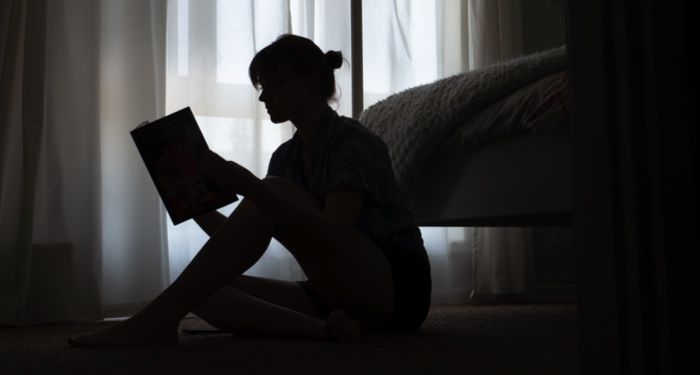There is irony in reading a book about the deterioration of our world during a global pandemic; in her revolutionary environmental science book Silent Spring, Rachel Carson writes about our government’s irresponsible use of DDT and Parathion in the 1960s. She accuses the chemical industry of spreading disinformation and condemns public officials for allowing our natural world to disintegrate, and I often forget this book was written over 50 years ago. I spend weeks living in the same five T-shirts as the grass outside my apartment dies and wildfires cloak the city of San Francisco, the home of my relatives and brother. Watching a movie I haven’t seen before is considered an all day activity, and once a week I buy a latte from the nearby coffee shop—an exciting, 15 minute venture I look forward to.
In Silent Spring, Rachel Carson laments over our world’s decay, stating that we made the decision to make our environment an unsuitable place to live. Jean Rostand says “The obligation to endure gives us the right to know,” and I am not too sure about that anymore. Thousands of COVID-19 cases are announced each day, and I turn every night into a flurry of panic believing I am sick, when I have not seen anyone in months. When I receive phone calls from loved ones I assume it is bad news; pictures of wildfires that I am horrifyingly accustomed to from growing up in Southern California bring about shrieks of anxiety and panicked texts to my sibling. I wake up every day with a sore body despite my lack of movement and I wonder if this is how it will always be.
Time has frozen, and then I wake up realizing summer is over, and I have spent every week lying in the same bed, taking strolls around the same neighborhoods. I am reminded of time when the leaves of my pothos begin to fall; I bring it to the sink and remember that maybe my existence contributes to something. Rachel Carson writes: “For time is the essential ingredient; but in the modern world there is no time.” While time slips out of my fingers like my roommate’s sourdough starter, I remember that there is a month until the election, another week until I move apartments, decades until Southern Florida will be underwater. Right now, Joe Biden is unable to shake hands with his running mate, Kamala Harris. My best friend cannot attend classes due to her autoimmune disease. I wake up everyday believing something has changed, and it has in fact only gotten worse.
I find a strange comfort in Rachel Carson, with her effortless prose educating me on the brevity of life. She teaches me about insecticides I have never heard of and shows me that soil does, in fact, control our very existence. Her book was considered revolutionary in the ’60s, though I do not think it has ever held as much relevance as it does right now. Unlike other environmental science activists, she does not sugarcoat. She gives her readers startlingly beautiful descriptions of the nature we know and love and then serves us a slice of reality. Her intelligent pessimism comforts me in a way no television show or movie ever could; her stance that the generation before me destroyed the one I am living in makes me feel like, for a brief second, I am not at fault for all of the world’s problems.
And despite this pessimism, I will wake up at some point tomorrow, perhaps at an ungodly hour, and feel the pull of Jamaica Plain’s Arnold Arboretum. I will sink into the wet grass under the trees and stare at the tulips and the dogs, and I will lament with Rachel Carson as I wonder if my life will be anything more than this.
